Can You Get Free Solar Panels?
In recent years, the push for renewable energy sources has gained significant momentum, with solar energy being at the forefront of this movement. Solar panels, which convert sunlight into electricity, have become increasingly popular among homeowners and businesses alike. However, the cost of installing solar panels can be a significant barrier for many people. This has led to a common question: Can you get free solar panels? The answer is multifaceted and depends on various factors, including location, available programs, and financial incentives. In this article, we will explore the different ways you might be able to obtain solar panels at no upfront cost, the pros and cons of these options, and practical steps to take if you are considering this route.
Understanding "Free" Solar Panels
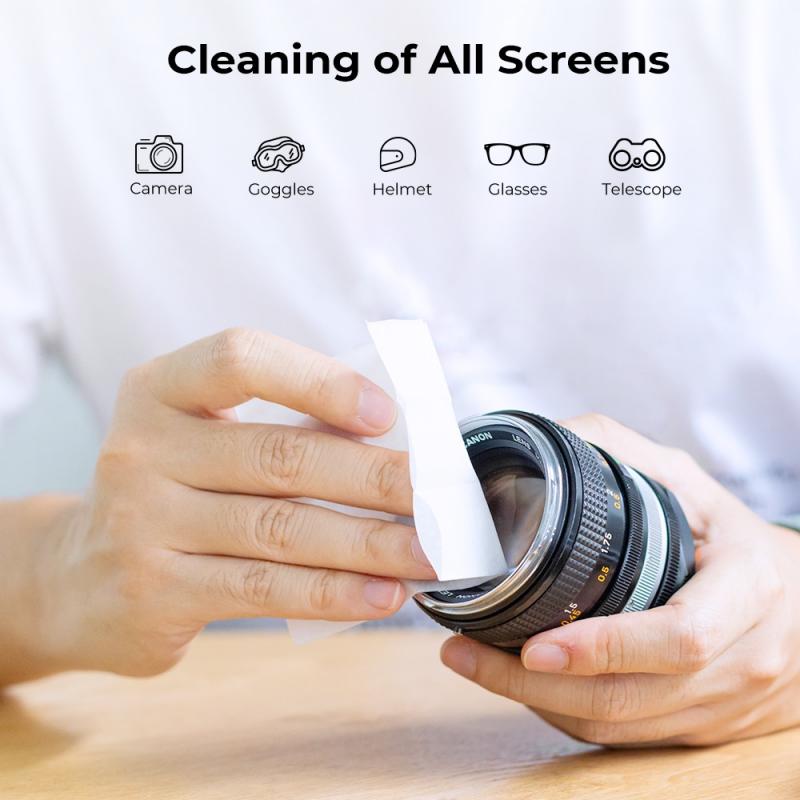
The term "free solar panels" can be somewhat misleading. In most cases, it does not mean that you get the panels and installation entirely for free without any strings attached. Instead, it often refers to programs and financial arrangements that allow you to install solar panels with no upfront cost. These arrangements typically involve long-term contracts, leases, or power purchase agreements (PPAs) where you pay for the electricity generated by the panels rather than the panels themselves.
Solar Leases and Power Purchase Agreements (PPAs)
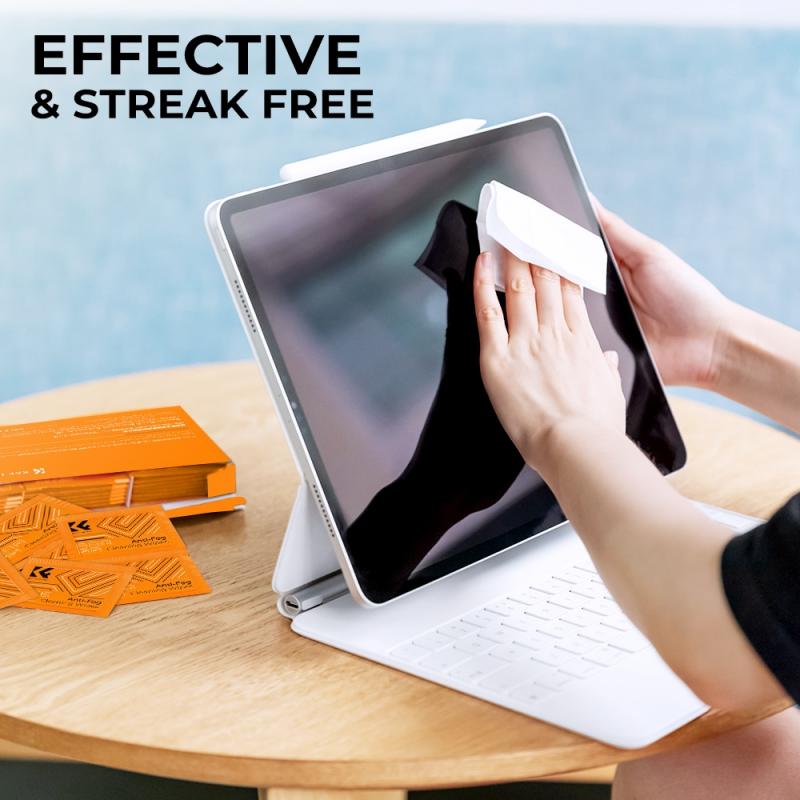
One of the most common ways to get solar panels with no upfront cost is through a solar lease or a power purchase agreement (PPA). Here’s how these options work:
Solar Lease
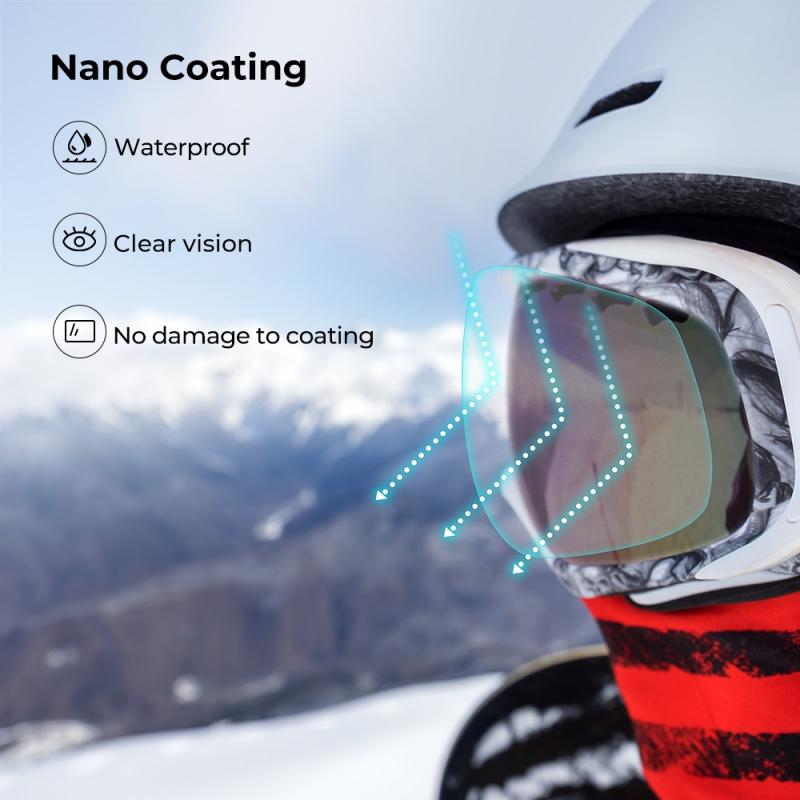
In a solar lease, a solar company installs the panels on your property and you pay a fixed monthly fee to lease the system. The solar company owns and maintains the panels, and you benefit from the electricity they generate. The monthly lease payment is often lower than your previous electricity bill, providing immediate savings.
Pros:
- No upfront cost for installation.
- Maintenance and repairs are typically covered by the leasing company.
- Potential for immediate savings on electricity bills.
Cons:
- You do not own the solar panels, so you do not benefit from any increase in property value.
- Long-term contracts (usually 20-25 years) can be restrictive.
- Savings may be less than if you owned the panels outright.
Power Purchase Agreement (PPA)

A PPA is similar to a solar lease, but instead of paying a fixed monthly fee, you agree to purchase the electricity generated by the solar panels at a predetermined rate. This rate is usually lower than the rate you would pay your utility company, leading to savings on your electricity bill.
Pros:
- No upfront cost for installation.
- Maintenance and repairs are typically covered by the solar company.
- Potential for immediate savings on electricity bills.
Cons:
- You do not own the solar panels, so you do not benefit from any increase in property value.
- Long-term contracts (usually 20-25 years) can be restrictive.
- Savings may be less than if you owned the panels outright.
Government and Utility Incentives
Various government and utility incentives can also help reduce the cost of solar panels, sometimes to the point where they feel "free." These incentives can come in the form of tax credits, rebates, and grants.
Federal Investment Tax Credit (ITC)
The Federal Investment Tax Credit (ITC) allows you to deduct a significant percentage of the cost of installing a solar energy system from your federal taxes. As of 2023, the ITC offers a 26% tax credit for residential and commercial solar installations. This credit can significantly reduce the overall cost of your solar panel system.
State and Local Incentives
Many states and local governments offer additional incentives to encourage the adoption of solar energy. These can include rebates, tax credits, and grants that further reduce the cost of installation. The availability and amount of these incentives vary widely by location, so it’s essential to research what is available in your area.
Utility Company Programs
Some utility companies offer programs that provide financial incentives for installing solar panels. These can include rebates, performance-based incentives, and net metering programs that allow you to sell excess electricity back to the grid. These programs can significantly reduce the cost of your solar panel system and, in some cases, cover the entire cost.
Community Solar Programs
Community solar programs are another way to benefit from solar energy without the upfront cost of installing panels on your property. In a community solar program, multiple participants share the benefits of a single solar array, which is usually located off-site. Participants can buy or lease a portion of the solar array and receive credits on their electricity bills for the energy produced by their share.
Pros:
- No need to install panels on your property.
- Can be a good option for renters or those with unsuitable roofs.
- Potential for immediate savings on electricity bills.
Cons:
- You do not own the solar panels, so you do not benefit from any increase in property value.
- Savings may be less than if you owned the panels outright.
- Availability of community solar programs varies by location.
Steps to Take if You’re Considering Free Solar Panels
If you are interested in exploring options for obtaining solar panels with no upfront cost, here are some practical steps to take:
1. Research Available Programs: Start by researching solar lease, PPA, and community solar programs available in your area. Look for reputable companies with good customer reviews and transparent contract terms.
2. Check for Incentives: Investigate federal, state, and local incentives that can reduce the cost of solar installation. Websites like the Database of State Incentives for Renewables & Efficiency (DSIRE) can be helpful resources.
3. Get Multiple Quotes: Contact several solar companies to get quotes and compare their offers. Make sure to ask about the terms of the lease or PPA, including the length of the contract, the monthly payment or electricity rate, and any potential escalators.
4. Read the Fine Print: Carefully review the contract terms and conditions before signing. Pay attention to details such as maintenance responsibilities, what happens if you sell your home, and any potential fees or penalties.
5. Consult a Financial Advisor: If you are unsure about the financial implications of a solar lease or PPA, consider consulting a financial advisor. They can help you understand the long-term costs and benefits and determine if it is the right choice for you.
While the idea of getting free solar panels is appealing, it is essential to understand the various options and their implications. Solar leases, PPAs, government and utility incentives, and community solar programs can all provide ways to install solar panels with no upfront cost. However, each option comes with its own set of pros and cons, and it is crucial to carefully evaluate them to determine the best fit for your situation. By doing thorough research and seeking professional advice, you can make an informed decision and take a significant step towards a more sustainable and cost-effective energy future.

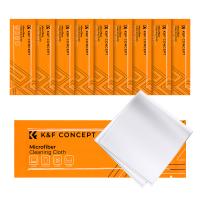

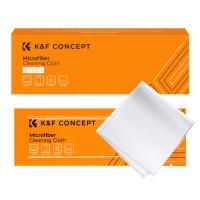
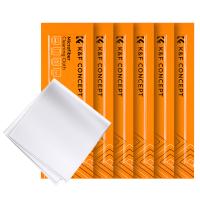
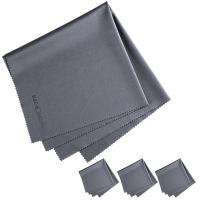



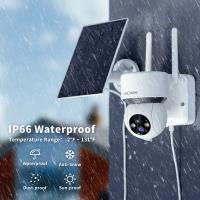
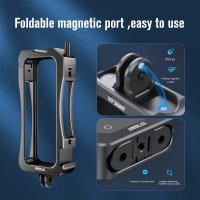
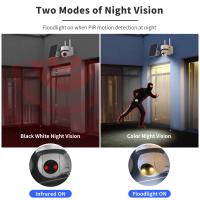
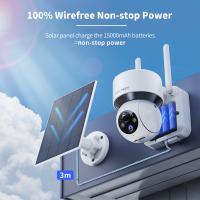
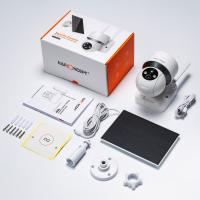



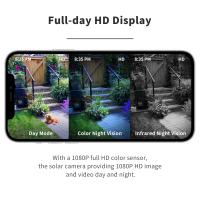
There are no comments for this blog.